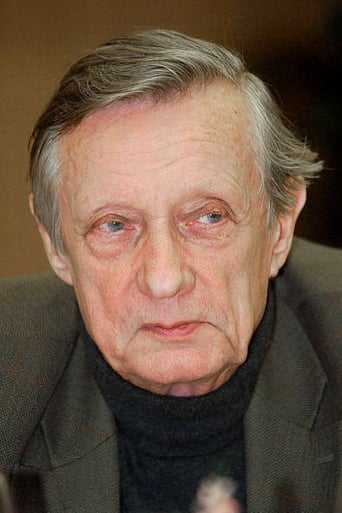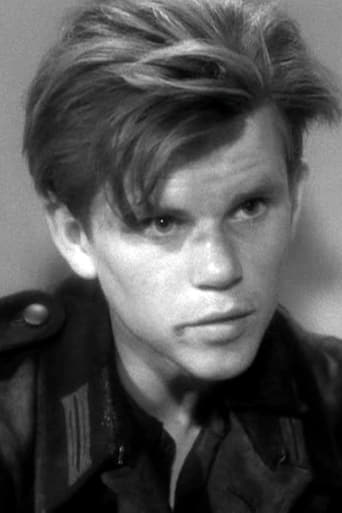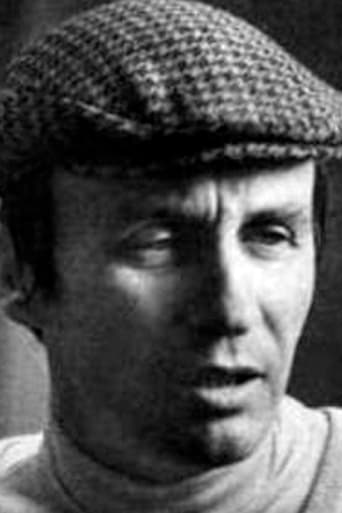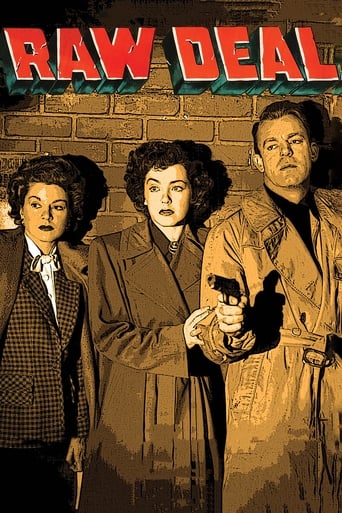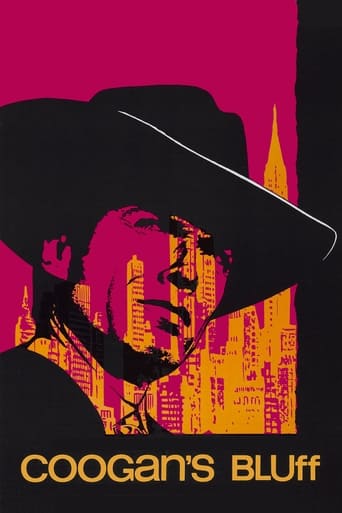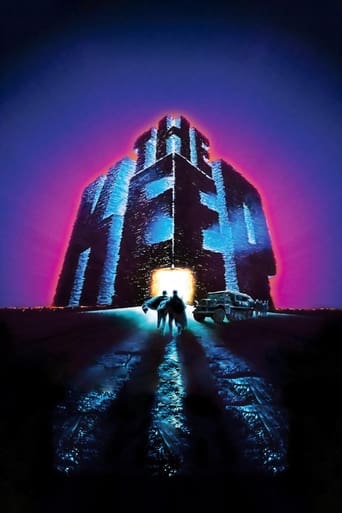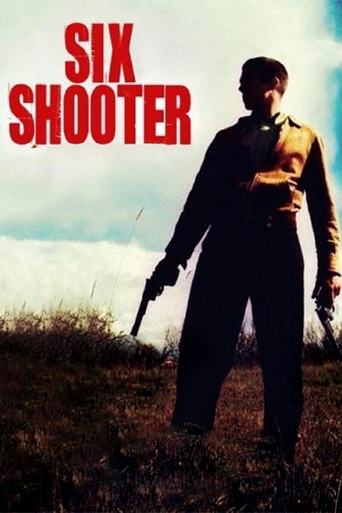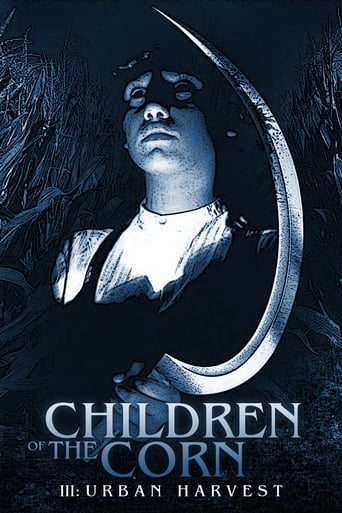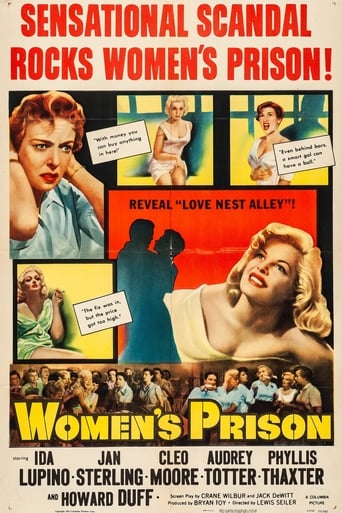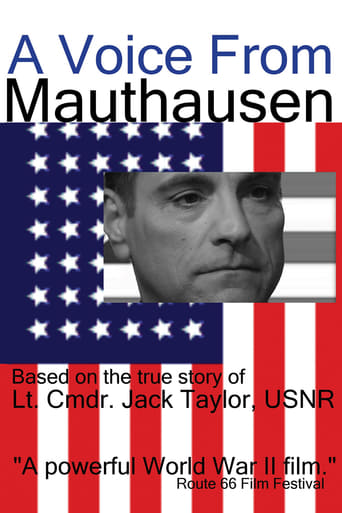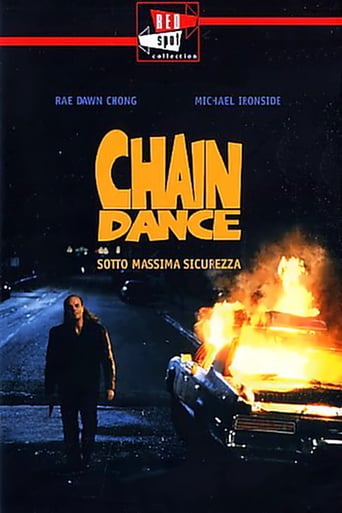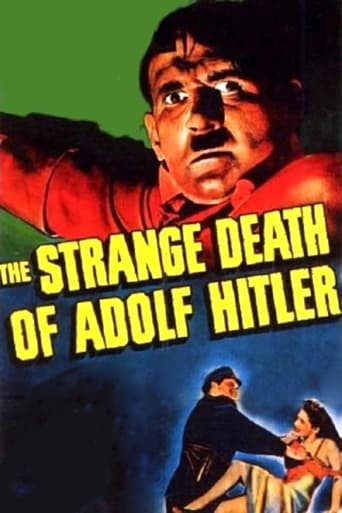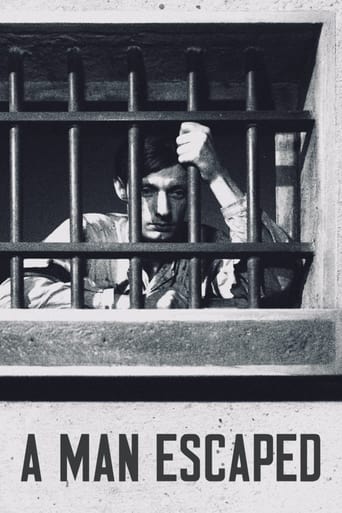
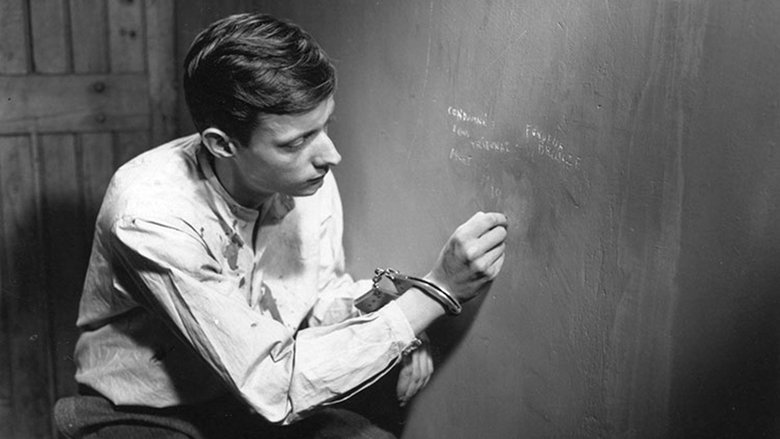
A Man Escaped (1957)
A captured French Resistance fighter during World War II engineers a daunting escape from prison.
Watch Trailer
Cast
Similar titles
Reviews
Undescribable Perfection
Bad Acting and worse Bad Screenplay
The first must-see film of the year.
The film never slows down or bores, plunging from one harrowing sequence to the next.
Simple story with little artifice of a man prisoner of the Nazis and condemned to the firesquad prepares an escape. For the 50s and with little means, this film works. The acting is mostly believable. It is still watchable but the escape from jail has been done and redone with many others, possibly betterly since.
'A Man Escaped' by Robert Bresson is based on the memoirs of André Devigny. The film starts with a note to the viewer that this is based on a true story and the note also establishes that the film is an unadorned account of the story without any embellishment. Having read that and having seen Bresson's 'Pickpocket', I immediately knew how this film was going to proceed. I knew it was going to be very dry with a conscious attempt towards minimalist filmmaking and that's pretty much how it turned out. Although the film at a basic level is based on the experiences of André Devigny, but I'm certain that Bresson must have used a lot of his own experiences from when he himself was imprisoned by the Germans to enrich the plot of the film. Thematically, just like 'The Shawshank Redemption', 'A Man Escaped' is also about the power of the human spirit. This film has religion and religious beliefs closely associated with it. The title of the film itself presents a fascinating dichotomy. On one hand the film is called 'A Man Escaped' which showcases the power of a man to escape his death. But on the other hand the title of the film is subtitled 'The wind blows where it wishes' which establishes Christian spiritualism in respect of pre-established decree. This balance between the two is also brilliantly expressed by a verbal exchange in the film. A pastor tells the protagonist Fontaine 'God will help you' and Fontaine replies 'He will help me if I help him'. Bresson uses a number of close-up shots of Fontaine's hands which drives home the idea that Fontaine's survival depends on his own actions instead of leaving everything to God. However, it never underplays the fact that Fontaine is also a man of faith. As a matter of fact he instills a sense of faith in the depressed old man in the cell next to his own cell.The film is directed in the most meticulous fashion. Bresson removes all that is unnecessary. He uses the journal accounts of Devigny and just shows us everything he had to do enact his escape. The sound in the film is very detailed and expressive. Where Bresson holds back the visuals, he uses the sounds to fill in the details. The last sequences in the film are staged expertly to build the tension. Bresson also uses Mozart's Kyrie whenever the prisoners make their daily trip to the grounds which gives the trips a very ecclesiastical feel to them, like devotees going to attend a prayer in the church.The problem that I had with this film is the same that I had with 'Pickpocket'. It's the acting and the way Bresson uses the actors. François Leterrier plays Fontaine in the most bland, inexpressive manner possible. His eyes sometimes tell us certain things, but his overall demeanor and expressions are intentionally blunt. Bresson's style of using the actors, similar to his style of direction is stripped down and very raw. Bresson never believed that actors had the ability to 'fool' the camera and he wanted them to express what has to be expressed through the actions. While I understand this philosophy, I don't really agree with it. It really becomes difficult for me to connect and remain engaged with a character. An actor doesn't have to have a very expressive face, but it has to have a sense of realism. I have not found his characters in 'Pickpocket' and 'A Man Escaped' very realistic in the way they carry themselves and this clearly is an obstacle for me in approaching his films.'A Man Escaped' is a very well made film with themes of spiritualism and the power of the human spirit in the face of stark austerity. It is well directed, but the style of using the actors was something that prevented me from completely being bowled over by it.
Jean Luc-Godard once said "Robert Bresson is French cinema, as Dostoevsky is the Russian novel and Mozart is the German music". Why, then, are Bresson's films so relatively neglected outside his native France? Perhaps the answer can be found in Bresson's philosophy of employing mainly non-professional actors, or his conscious choice to use lots of naturalistic sound in his films rather than hiring composers to pour dramatic scoring over the action. Whatever the explanation, Bresson's films are well worth seeking out. Arguably the best of all – and the one most likely to hook newcomers to the director's work – is Un condamné à mort s'est échappé ou Le vent soufflé où il veut, known in English-speaking countries simply as A Man Escaped. It is an incredible film, viewable on one level as a taut escape story but equally viewable as a metaphorical story of hope and salvation.Fontaine (François Leterrier) is a member of the French Resistance during WWII. Captured by the Nazis, he is taken to the notorious prison of Fort Montluc near Lyon. After attempting to escape in transit, only to be recaptured, Fontaine is soon incarcerated at Montluc on the first floor of the jail. He is confined to his cell but also handcuffed for good measure. Later he is moved up to the top floor of the jail, considered so inescapable that there is no longer any need for his handcuffs, which are promptly removed. Fontaine gradually establishes that the cell doors are made of sub-standard wood and manages to steal an iron spoon one meal-time which he uses to painstakingly dismantle the door, putting it back together as he goes to prevent his escape plans from being detected. When Fontaine learns that he is soon to be executed, his need to escape becomes more urgent than ever. The plan is jeopardised when a new prisoner is moved into the same cell – a young German deserter named François Jost (Charles Le Clainche). Fontaine is unsure whether he can trust Jost and faces a terrible dilemma should he tell the young man about his planned escape and risk failure, or kill him to ensure secrecy (and in so doing sacrifice his moral dignity)?Based on the true memoirs of P.O.W. Andre Devigny, A Man Escaped is brilliantly tense throughout. Much of the film passes wordlessly, capturing the methodical perseverance with which Fonatine works on his escape, emphasising the aching silence within the jail so as to make every scratch of Fontaine's spoon a potentially fatal giveaway sound. No film has ever used silence to generate such tension, but Bresson does it magnificently – there are moments where you almost feel the hero's heartbeat might be loud enough to scupper his plan. The excitement is almost unbearable and, better still, is sustained for long segments of the film. Léonce-Henri Burel's cinematography is excellent throughout, capturing a sparse and desolate atmosphere which seems to emanate from the prison wall itself. The performances are remarkable too – even more so considering that the leads are all non-professionals – with Leterrier in particular commanding attention as the grimly determined Fontaine. A Man Escaped is a masterpiece – one of the greatest French films of all- time, one of the greatest prison break films of all-time and one of the greatest hope-in-the-face-of-adversity films of all-time. The sooner it is rediscovered by modern audiences, the better.
"A Man Escaped" is a 1956 French film by Robert Bresson, starring Francois Leterrier and Charles Le Clianche. It's the story of a resistance member, Fontaine (Leterrier) who is imprisoned by the Nazis. He spends all of his time plotting a detailed escape, using items like a spoon, clothing, lantern hooks, whatever he can get his hands on that will help him in his quest. Still, even when Fontaine has it all worked out, he hesitates to go for it. Then he learns that he is to be executed. If that isn't bad enough, he gets a roommate, Jost (Le Clianche). Fontaine has to escape quickly now, but supposing his new cell mate is an informant? Should he take him along...or kill him? This may be the most nerve-wracking movie I've ever seen. It's absolutely agonizing. I kept saying out loud, go already! I was a wreck for this man. The film is done so painstakingly, with the character of Fontaine narrating.Leterrier, with his thin face and haunted look, essays the role of Fontaine perfectly. As his cell mate, Le Clianche is excellent, a young man whose motives can't initially be read.Very tense, very suspenseful, you'll find it hard to breathe or swallow. Highly recommended for a totally involving experience from one of the French post-war masters, Robert Bresson.
